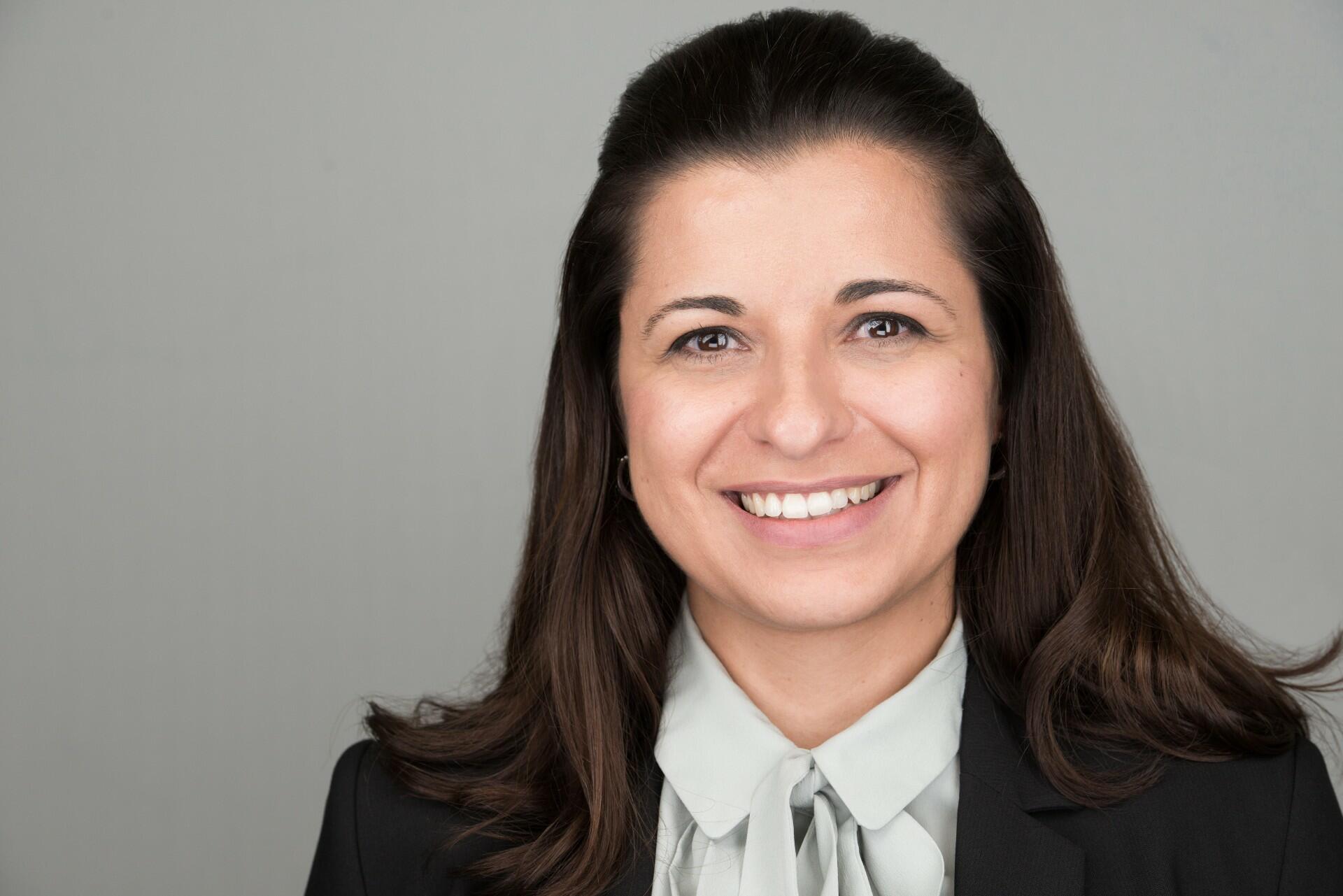
Daniela Ferreira, Professor of Respiratory Infection and Vaccinology at the University of Oxford’s Department of Paediatrics and the Department of Clinical Sciences at the Liverpool School of Tropical Medicine has been awarded one of five prestigious Research Professorships by the National Institute of Health and Care Research (NIHR).
The Professorship, which is the NIHR’s flagship award, aims to promote the effective translation of research, turning observations in the laboratory, clinic and community into interventions that improve the health of individuals and the public — from diagnostics and therapeutics to medical procedures and behavioural changes.
Professor Ferreira's research will focus on improving our understanding of nasal immunity to enhance vaccine protection against respiratory infections.
She said: “I am delighted to be awarded this Professorship by the NIHR. For over 20 years I have worked on understanding and preventing chest infections caused by a bacteria called pneumococcus. I now want to find answers to some important questions about how getting sick with multiple infections - viruses and bacteria at the same time - can make pneumonia worse, and how we can use our body’s responses, particularly in the nose, to reduce the numbers of people who get ill and spread disease in communities.”
Pneumonia is a lung disease which kills over a million children every year worldwide. It is also a major health problem in the UK, especially for adults over the age of 65 and people with long-term lung disease like asthma and Chronic Obstructive Pulmonary Disease (COPD). The problem also gets worse in winter when other respiratory viruses, like flu and respiratory syncytial virus (RSV), are around.
She added: “The vaccines that are currently available do not give adults enough protection. I have developed new ways to collect fluid and cells to detect viral and bacterial infections, as well as to understand how the body responds to these infections in the nose. I will develop new controlled human infection models, a special method where the inside of peoples’ noses is infected with small amounts of bacteria and virus safely, to help us understand why some people exposed to the infection agent develop infection and some do not. This method is valuable for helping us speed up vaccine development, as only small groups of people are needed to test if vaccines work.”
This year, five leading researchers received five-year awards of up to £2 million. The award allows outstanding academics like Professor Ferreira to work at professorial level based at a higher education institution, in partnership with an NHS organisation or another provider of health, public health and/or care services.
Professor Ferreira works with the Oxford Vaccine Group in the Department of Paediatrics and is also Director of the Liverpool Vaccine Group at the Liverpool School of Tropical Medicine. She played a substantial role in the UK’s response to the Covid-19 pandemic, including the leadership of the Liverpool’s STOP COVID response and the NIHR NWC Vaccine Alliance Liverpool. Her Liverpool-based team was a trial site for several Covid vaccine studies including the Phase II/III of the Oxford/AZ vaccine.
Since 2011, 68 people have been successful gaining the NIHR Professorship. NIHR Academy Dean Professor Waljit Dhillo said: “It is an honour to welcome these outstanding researchers as the latest cohort of NIHR Research Professors. They all have excellent research records and will play a crucial role in improving the health and wealth of the nation through their research.”
NIHR Chief Executive Professor Lucy Chappell said: “The NIHR Research Professorship is the flagship award for the NIHR. It funds researchers to translate new discoveries into improved diagnostics and treatments, and improvements in health and care. This year, our Research Professors are working in a breadth of areas that are relevant and topical, including digital health, clinical trials, population health, and social care research. I am delighted to welcome them and look forward to seeing their research progress and the difference it will make to the lives of people and communities across the UK.”